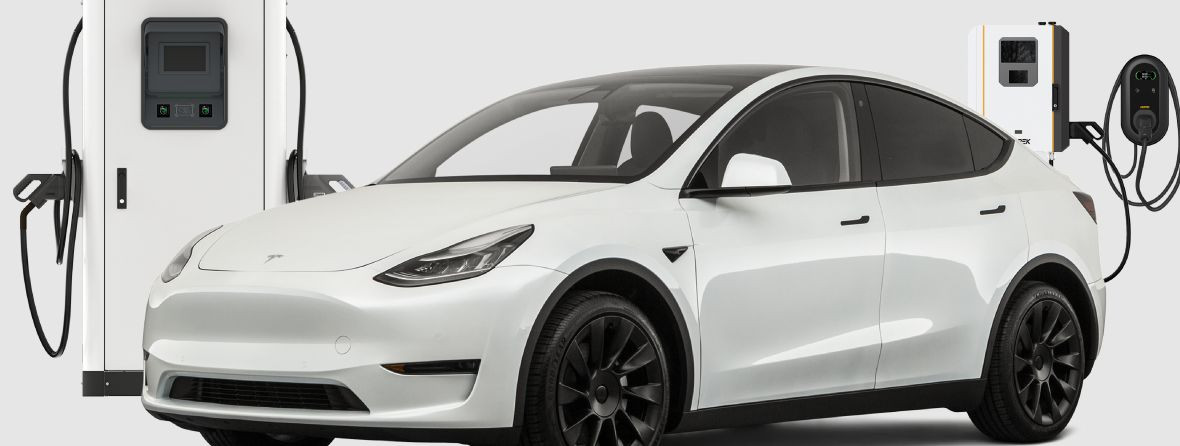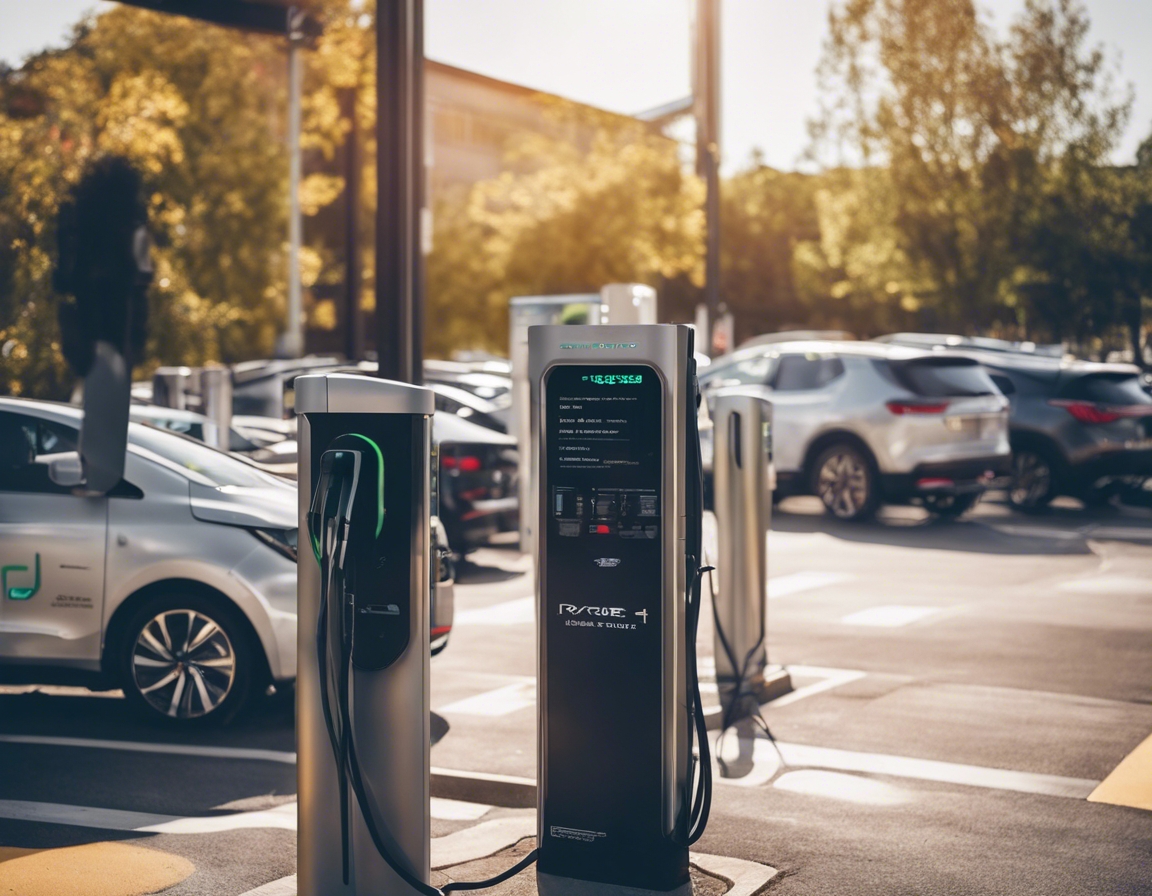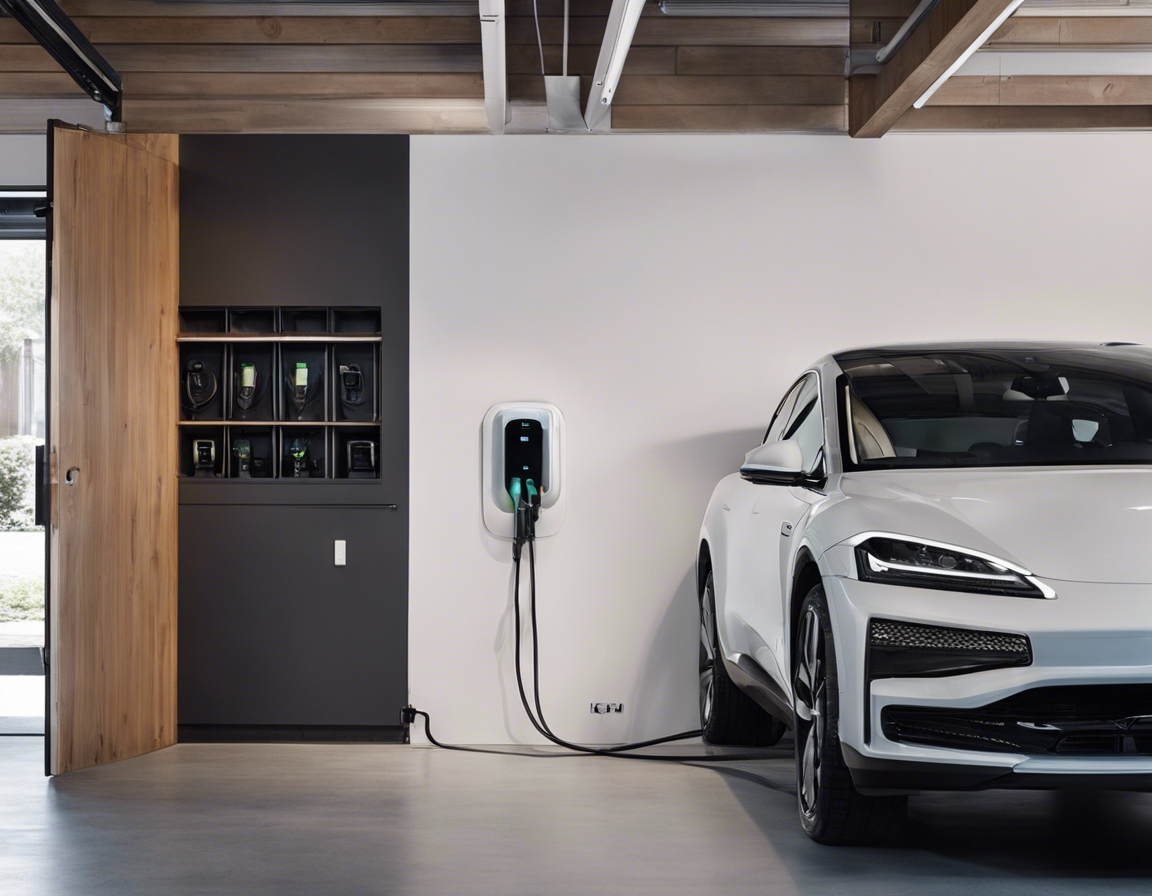The future of car charging at home
As electric vehicles (EVs) continue to surge in popularity, the need for convenient and efficient home charging solutions becomes increasingly critical. Home charging is not just a matter of plugging in; it's about integrating a vital piece of technology into our daily lives. This post explores the future of car charging at home, examining current trends, technological advancements, and what EV owners can expect in the years to come.
Emerging Trends in Home Car Charging
Smart charging systems are revolutionizing the way we power our EVs. These systems optimize charging times based on electricity rates, vehicle usage patterns, and grid demands. They also allow for remote monitoring and control, providing a seamless and cost-effective charging experience.
Imagine pulling into your garage and having your EV automatically start charging without the need to plug in. Wireless charging technology is making this a reality. With advancements in inductive charging, the future home may just require parking over a charging pad.
Bi-directional charging technology enables EVs to not only draw power from the grid but also supply it back. This Vehicle-to-Grid (V2G) capability can turn EVs into mobile power sources, potentially playing a significant role in energy distribution and stability.
Advancements in Charging Hardware
The development of high-speed home chargers is reducing charging time dramatically, making EVs more convenient than ever. These chargers are becoming more affordable and accessible, ensuring quick turnaround times for EV owners.
Modular charging systems offer the flexibility to upgrade charging capabilities as technology advances. This means that as EV batteries become more sophisticated, your home charging system can evolve accordingly without the need for a complete overhaul.
Home charging is becoming greener with the integration of renewable energy sources. Solar panels, for example, can power charging stations, reducing reliance on the grid and lowering the carbon footprint of EV charging.
Software Innovations and Connectivity
Apps are simplifying the management of home charging stations, allowing users to schedule, track, and pay for charging sessions with ease. These apps also provide valuable data to help optimize energy consumption and costs.
Charging stations are becoming part of the smart home ecosystem, working in tandem with other connected devices to enhance efficiency and convenience. This integration allows for automated charging schedules based on lifestyle patterns and energy usage.
Artificial intelligence (AI) and machine learning are paving the way for predictive analytics in home charging. These technologies can forecast the best times to charge based on user behavior, weather conditions, and grid demands, further optimizing the charging process.
Regulatory Impacts and Incentives
Governments around the world are implementing policies to encourage the adoption of EVs and home charging infrastructure. These policies often include subsidies, tax breaks, and grants to offset installation costs.
Incentives for installing home charging stations are becoming more common, making it financially feasible for many homeowners to invest in EV infrastructure. These incentives can significantly reduce the upfront costs associated with home charger installation.
Preparing for the Future of Home Car Charging
As we look to the future, homeowners must consider the necessary infrastructure for home charging. This includes assessing electrical capacity, planning for potential upgrades, and ensuring compatibility with future EV models.
Investing in charging solutions that can adapt to future advancements is crucial. Homeowners should seek out systems that offer upgradeable features, compatibility with various EV models, and the ability to integrate with emerging technologies.






Comments (0)